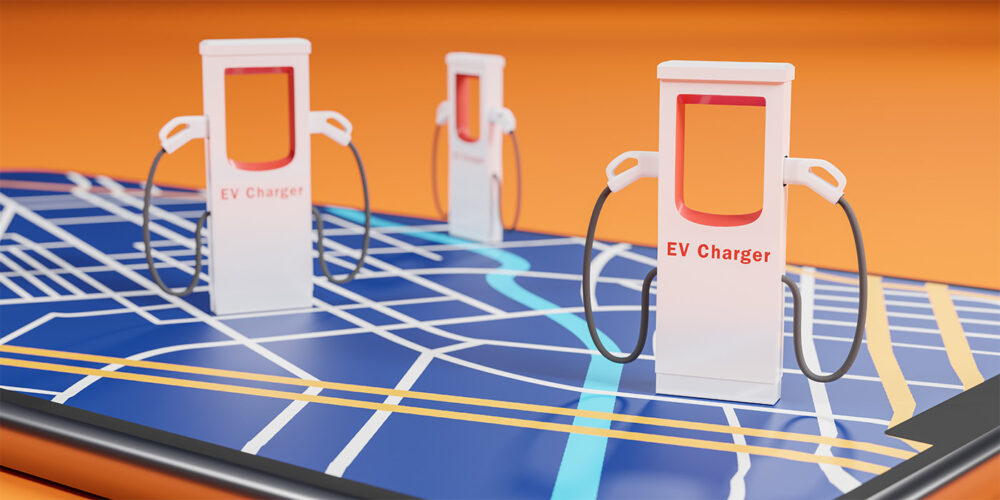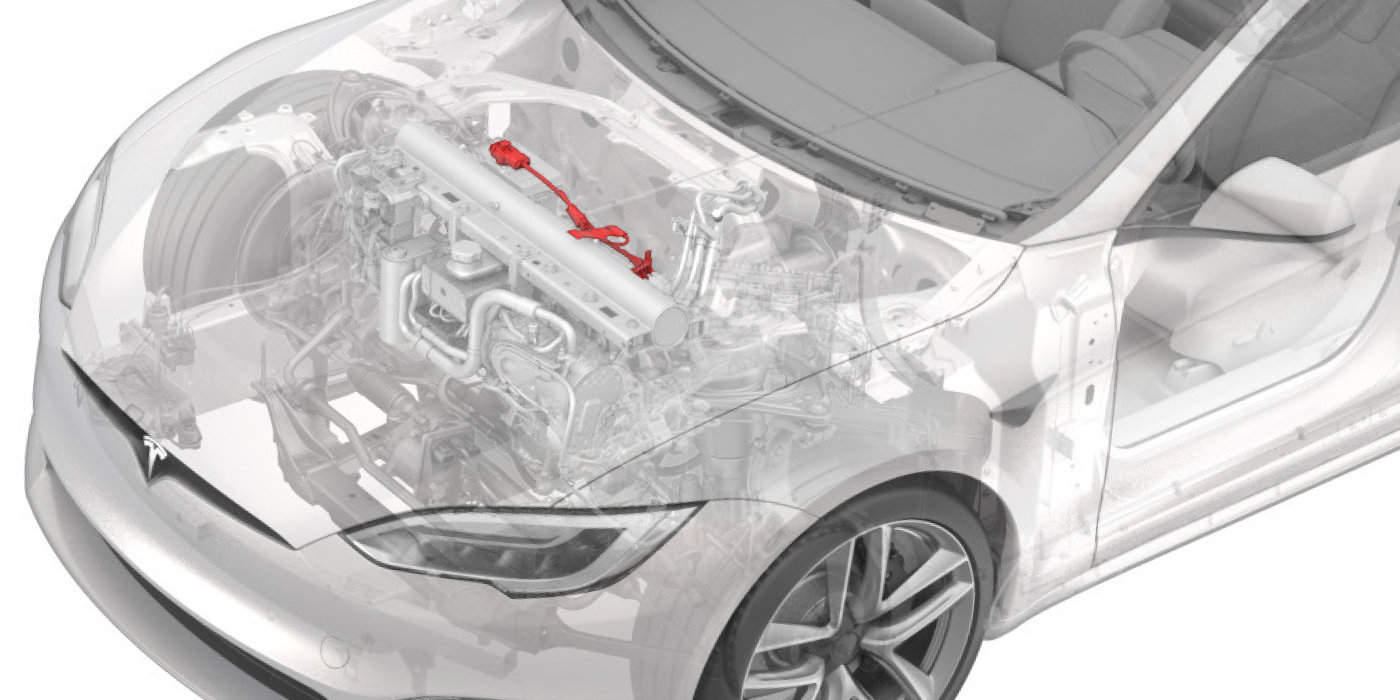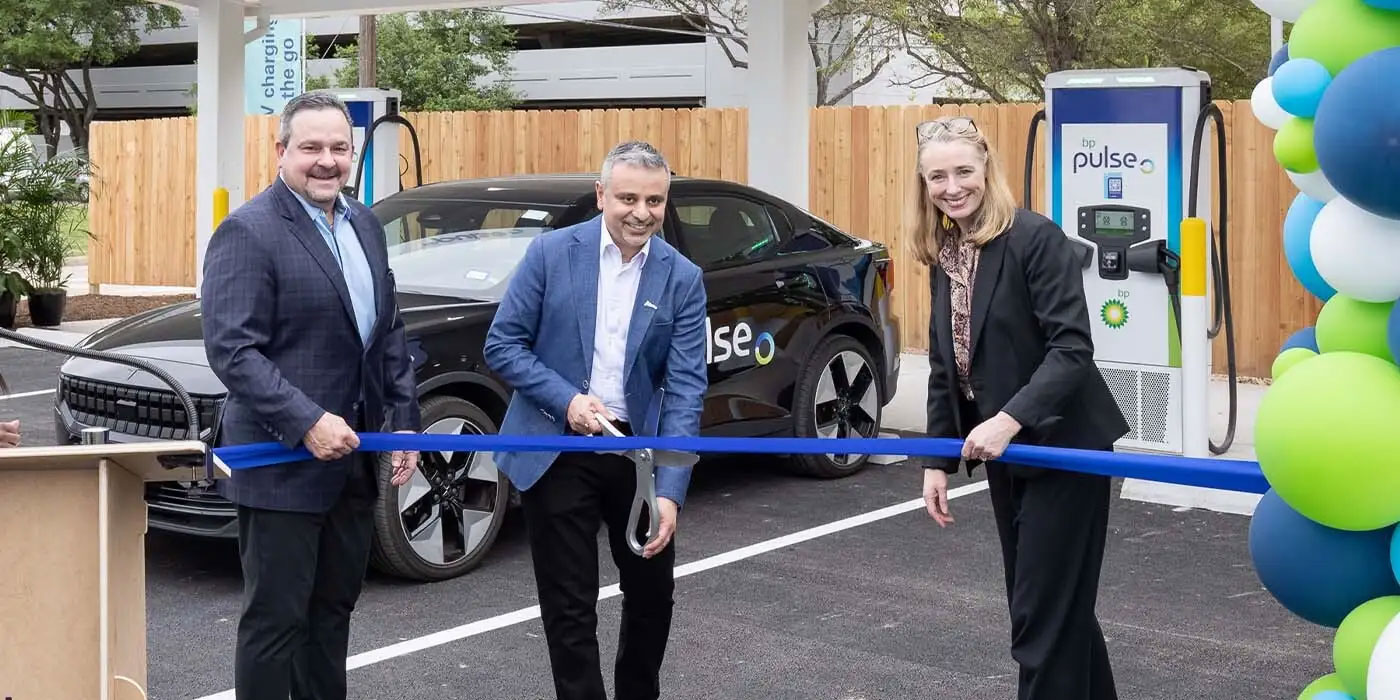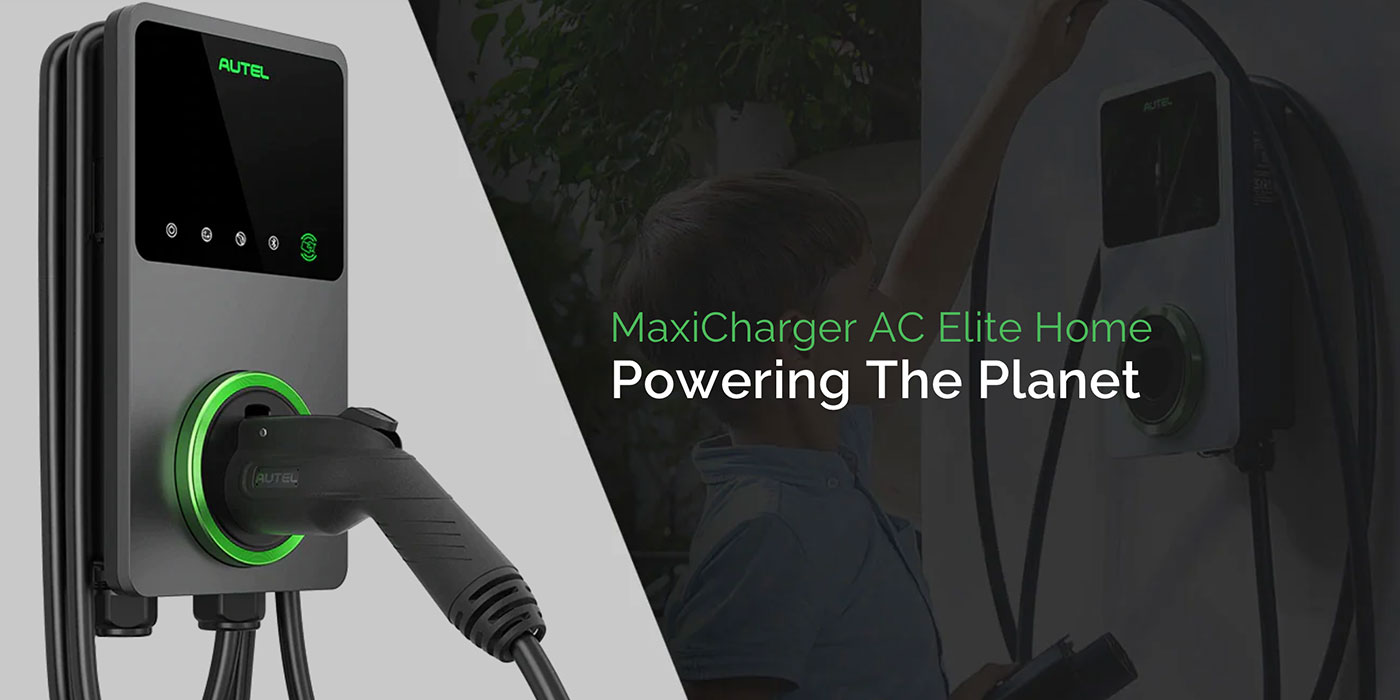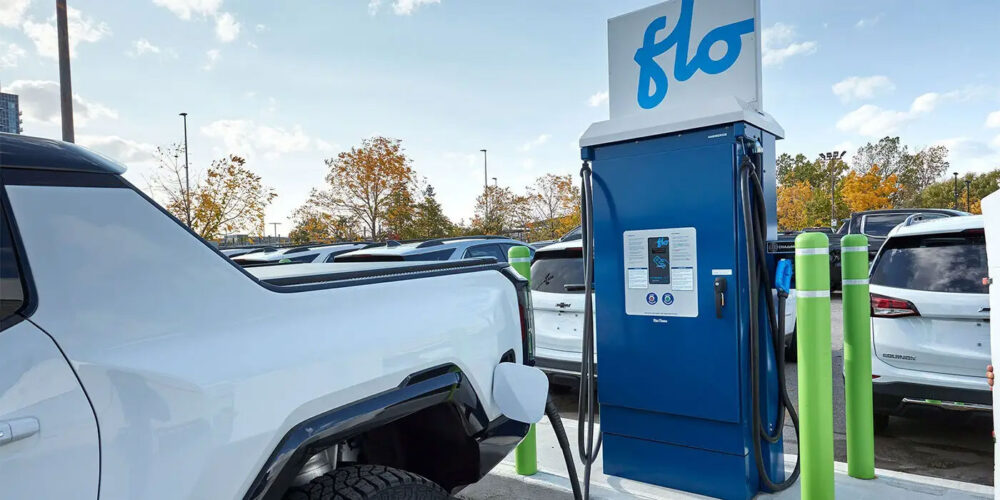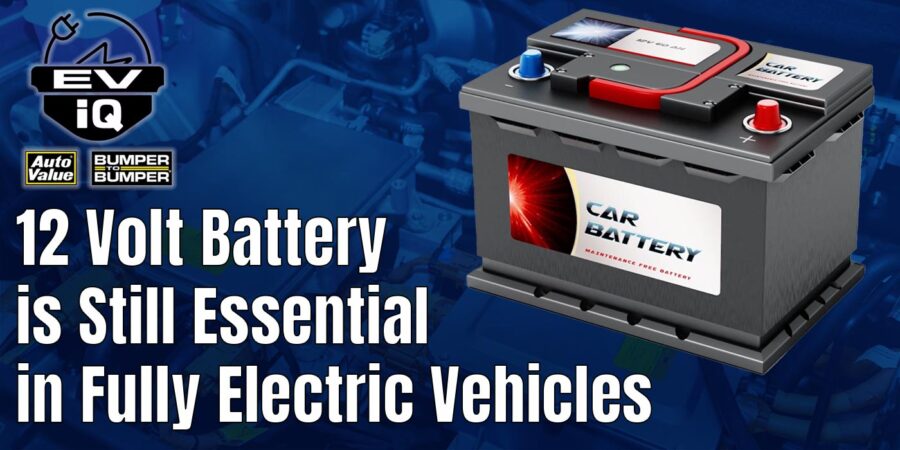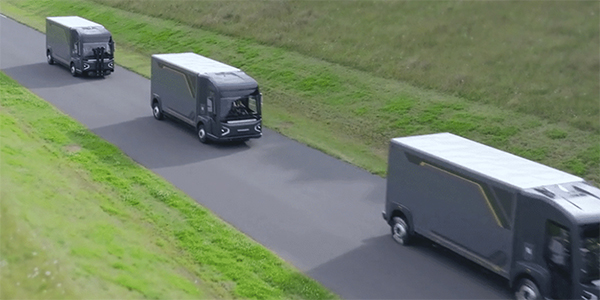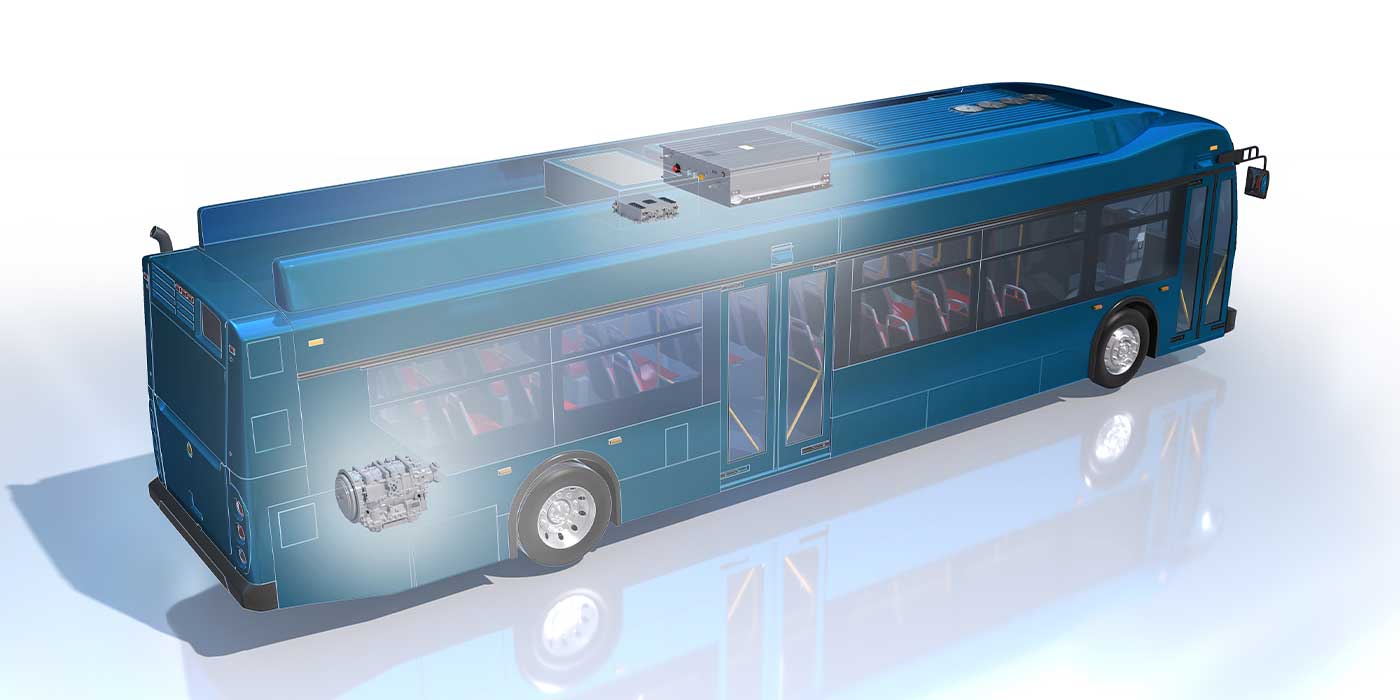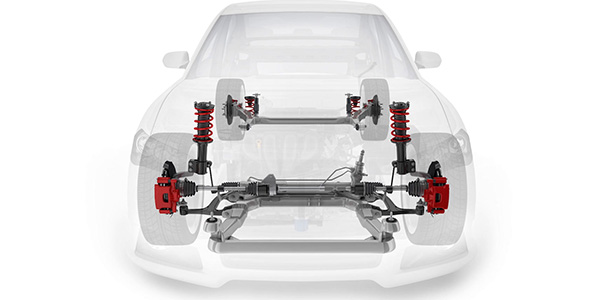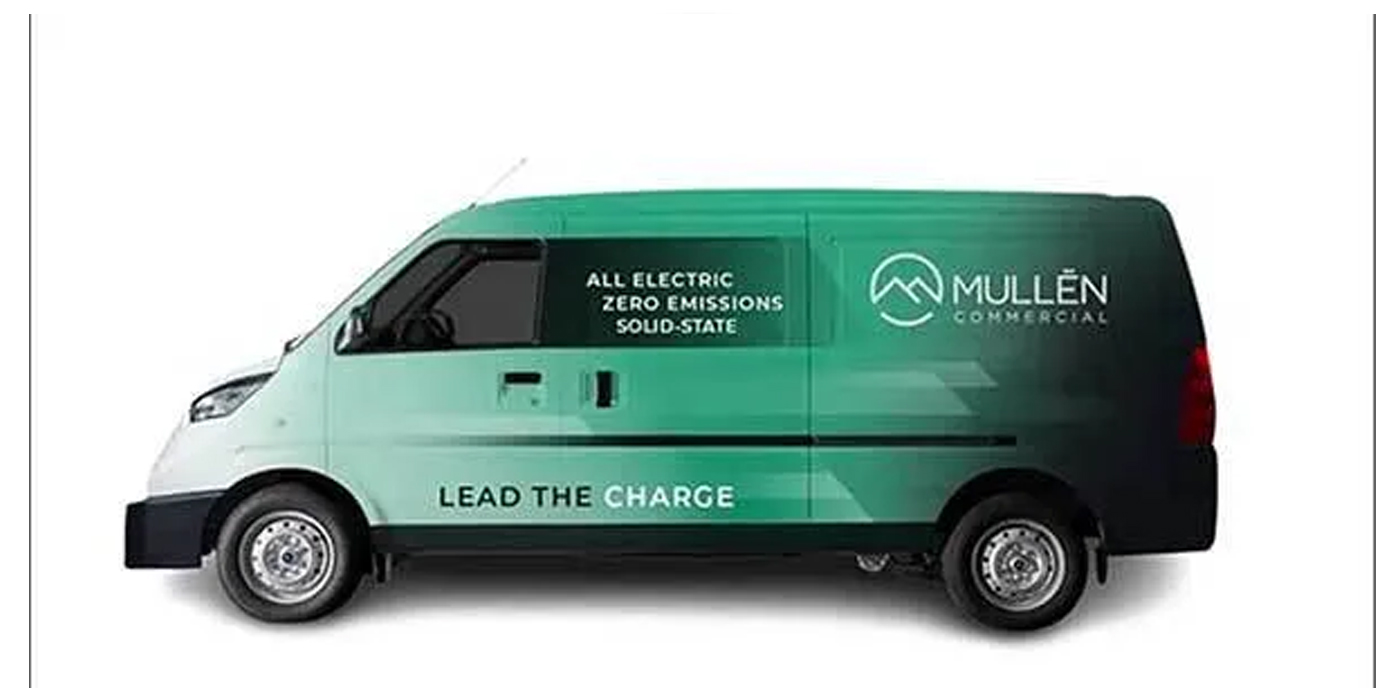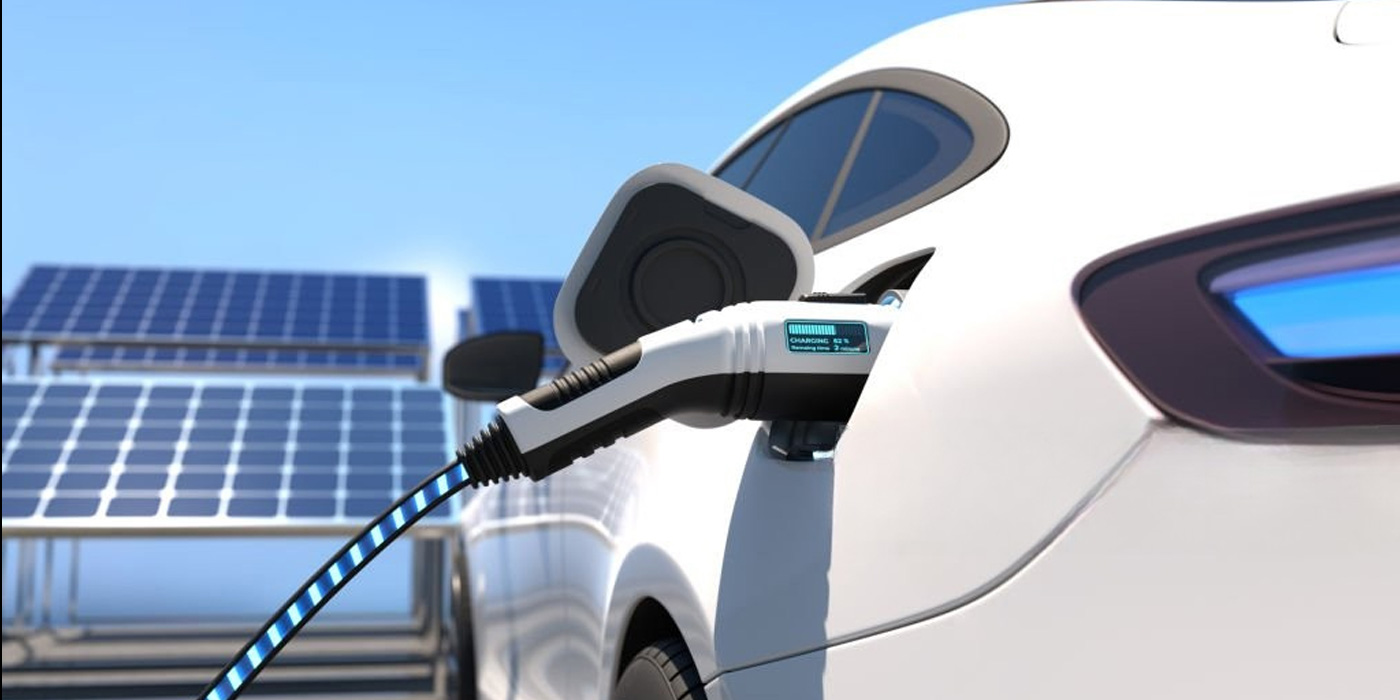BMW Group, Ford Motor Company and American Honda Motor Co., Inc. announced that they have entered into an agreement to create ChargeScape, LLC, a new equally-owned company that will create a single, cost-effective platform connecting electric utilities, automakers and interested electric vehicle customers. Benefiting both EV customers and the electric utility industry in the U.S. and Canada, ChargeScape will unlock new value that EVs can provide to the electric grid, while enabling EV customers to earn financial benefits through a variety of managed charging and energy-sharing services, the companies said. The closing of the transaction and subsequent formation of ChargeScape is pending regulatory approvals, with the company expected to be operational early next year.
ChargeScape’s platform will give electric utilities access to EV battery energy across a wide pool of EVs.
Building on years of OVGIP cross-industry collaboration, ChargeScape’s single platform will eliminate the need for individual integrations between each automotive brand and each electric utility, according to the companies. ChargeScape’s platform will give electric utilities access to EV battery energy across a wide pool of EVs. Participating EV customers will have the potential to earn financial benefits by charging at “grid-friendly” times through flexible and managed schedules. Electric vehicle customers will also eventually have the opportunity to share the energy stored in their EV batteries with the grid during times of peak demand through vehicle-to-grid (V2G) applications.
In addition, the companies said ChargeScape will enable the smart use of plugged-in EV batteries by securely providing energy data to electric utilities and system operators like aggregated demand response, alignment of charging and EV battery utilization with off-peak, low-cost hours and the availability of high renewable energy. Due to the efficient integration with participating automakers and the anticipation of high levels of EV customer enrollment, these energy services are expected to be a cost-efficient, operational benefit for electric utilities, according to the companies.
Launched at a time when electric vehicle sales and infrastructure growth are ramping up quickly, ChargeScape aims to provide energy management services to help support grid resiliency while looking ahead to the future of V2G capabilities that will benefit both EV customers and electric utilities.
Additionally, ChargeScape will play a role in helping to decarbonize the grid, the companies said. Its efforts will reduce EV customers’ personal carbon footprints by utilizing electricity that comes from more readily available renewable energy sources, such as wind or solar. While seamless integration between EV customers and utilities will be key to energy management success, participating EV customers will always remain in control of their charging and energy decisions.
By leveraging automaker telematics, ChargeScape intends to provide managed charge scheduling through vehicle connectivity without requiring Wi-Fi-enabled charging stations. This will support EV customers who do not use “smart” chargers at home, as their EVs would otherwise be unreachable for grid services.
The three founding members said they welcome other automakers to join in and unlock opportunities provided by ChargeScape’s grid service offerings once the company is fully operational.

